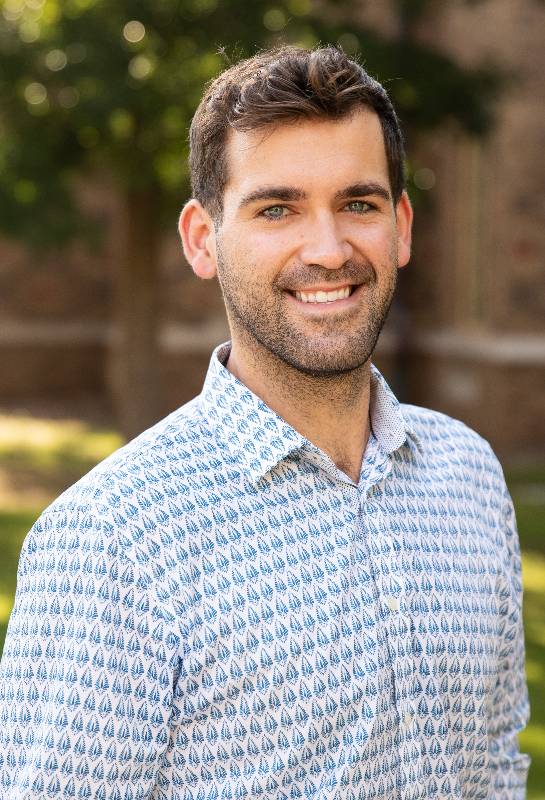
The study is funded by a $500,000 grant from the National Science Foundation.
For college students interested in pursuing careers in science, technology, engineering and mathematics (STEM), the path often includes an undergraduate research course.
The courses, which have become increasingly popular within Texas universities, are supposed to provide an early taste of the research process and prepare students for success in STEM fields.
However, some researchers wonder how well these courses work and if they are as inclusive as they need to be. Is the experience worth it? Are some students being left out?
A team of Texas Tech University researchers is seeking to answer these questions with a first-of-its-kind study of course-based undergraduate research in Texas. The results of the three-year study, researchers hope, will inform policymakers and help broaden participation in STEM for underrepresented groups, including women, students of color, first-generation college students, students from low-income households and students with disabilities.

“After decades of looking at undergraduate research participation and millions of dollars invested in undergraduate research programs, we have still not investigated if undergraduate student researchers are more likely to pursue graduate school, take a career in a STEM field or earn better wages compared to their peers,” said Jacob Kirksey, an assistant professor of educational leadership policy at Texas Tech and the lead principal investigator on the project.
Titled “Investigating Pre-College Predictors and Post-Secondary Effects of Course-Based Undergraduate Research Experiences in Texas,” the research project is funded by a $500,000 grant from the National Science Foundation.
The research team plans to comb through the P-20/Workforce Data Repository housed at the University of Houston's Education Research Center (UH-ERC). The massive database contains longitudinal data on Texas students all the way from early childhood through college and into the workforce.
Researchers will look at how pre-college factors like high school grade point average, standardized test scores, student demographic and household information predict whether a student participates in undergraduate research. They also will examine how taking research courses links to the likelihood of declaring a STEM major, graduating on time, earning a graduate degree or finding a high-paying STEM job.
To take it a step further, researchers plan to analyze undergraduate research syllabi from all institutions of higher education in Texas and link that analysis with the UH-ERC data. This will reveal what types of research courses are most effective, Kirksey said.
“Knowing what aspects of these course-based undergraduate research experiences link to desirable outcomes, and for whom, is critical to shaping public funding priorities and improving opportunities for students in STEM,” Kirksey said.
In addition to informing policymakers, the research project will benefit research-focused universities, including Texas Tech.
“Part of what we plan to do for this grant is create heat maps of undergraduate research participation across the state and produce institution-specific reports quantifying the short- and long-term effects of course-based undergraduate research experiences,” Kirksey said. “Carnegie Tier One research universities like Texas Tech stand to benefit from being able to quantify effects of these programs to donors, alumni and government agencies.”
The project brings together five education researchers specializing in advanced quantitative methods, STEM labor markets and STEM education for historically disenfranchised populations.
Joining Kirksey on the grant project as co-principal investigators are four others from Texas Tech: Jessica Gottlieb, an assistant professor of educational leadership policy; Raegan Higgins, an associate professor of mathematics; Jessica Spott, director of the STEM Center for Outreach, Research and Education (STEM CORE); and Levi Johnson, director of the Center for Transformative Undergraduate Experience (TrUE).
“I know this work will shape how we think about undergraduate research,” Kirksey said. “I am excited to work with this talented team, and our state's longitudinal data system, to follow students all the way through the STEM pipeline and paint a detailed picture of who is participating in undergraduate research and the effects of these experiences.”
